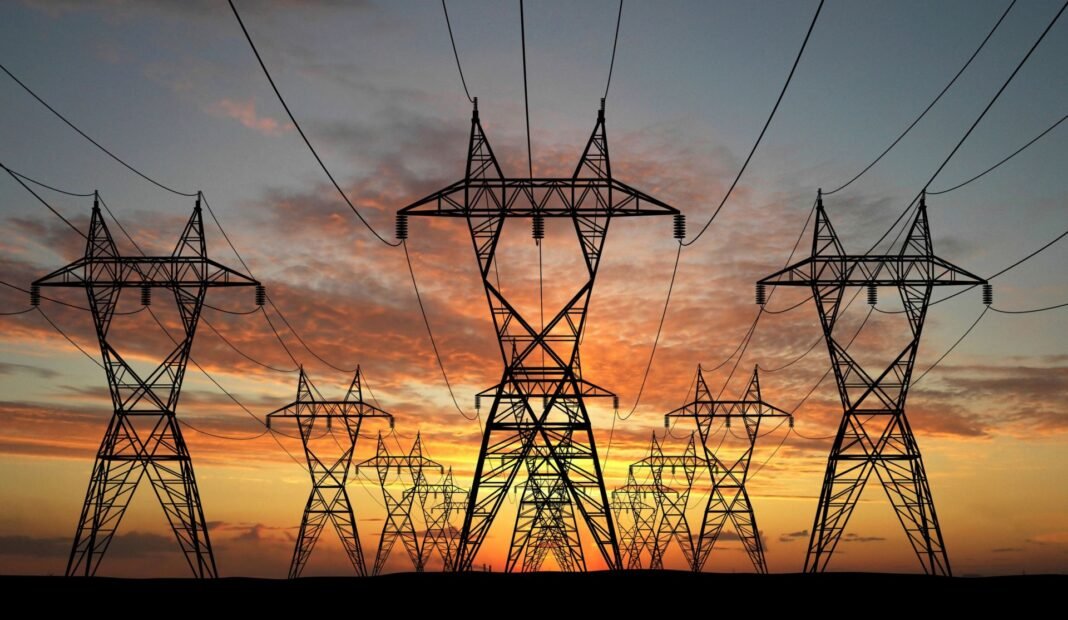Iraq is taking decisive steps toward energy diversification to phase out its dependence on Iranian gas and electricity imports by 2028. This move aims to avoid U.S. sanctions and stabilize Iraq’s power supply.
Prime Minister Mohammed Shia Al-Sudani emphasized that Iraq’s decision to reduce reliance on Iranian energy stems from economic goals, not political pressures. To achieve this, Baghdad has launched several initiatives to diversify energy sources and increase domestic production.
A major milestone in this strategy is Iraq’s agreement with Turkmenistan in October 2024, enabling the country to import 20 million cubic meters of gas per day. This agreement aims to lessen Iraq’s dependence on Iranian gas. Additionally, Iraq is expanding its capacity to import liquefied natural gas (LNG), primarily from Qatar. The country has invited U.S. companies to build an LNG terminal at the Grand Faw Port to accommodate the growing energy demand.
At present, 80% of Iraq’s electricity generation relies on gas, most of which is imported from Tehran. Despite agreements signed with Iran in 2022 and 2024 to increase gas and electricity imports, Iraq continues to face supply disruptions. These disruptions are largely due to Iran’s internal energy shortages and renewed U.S. sanctions imposed under former President Donald Trump.
In addition to diversifying energy sources, Iraq is focusing on strengthening its electricity grid. In July 2024, the country connected its national power system to Turkey’s network through a 115-kilometer transmission line, securing 300 megawatts of power for Nineveh, Saladin, and Kirkuk. Iraq is also progressing with a long-awaited power link with the Gulf Cooperation Council (GCC), a 77-kilometer transmission line that will connect Kuwait’s Al-Wafrah station to Iraq’s Basra Al-Faw station, aimed at enhancing power supply in southern Iraq.
To further reduce dependence on imported gas, Iraq is addressing gas flaring and increasing domestic gas production. The government has set a target to reduce gas flaring to 20% by 2025, down from 47% in 2021 and 33% in 2024. International firms, including TotalEnergies, are assisting in this effort. Additionally, Iraq is investing in new steam and gas power plants, which are expected to generate up to 35,000 megawatts of electricity, contributing significantly to the country’s energy independence.


